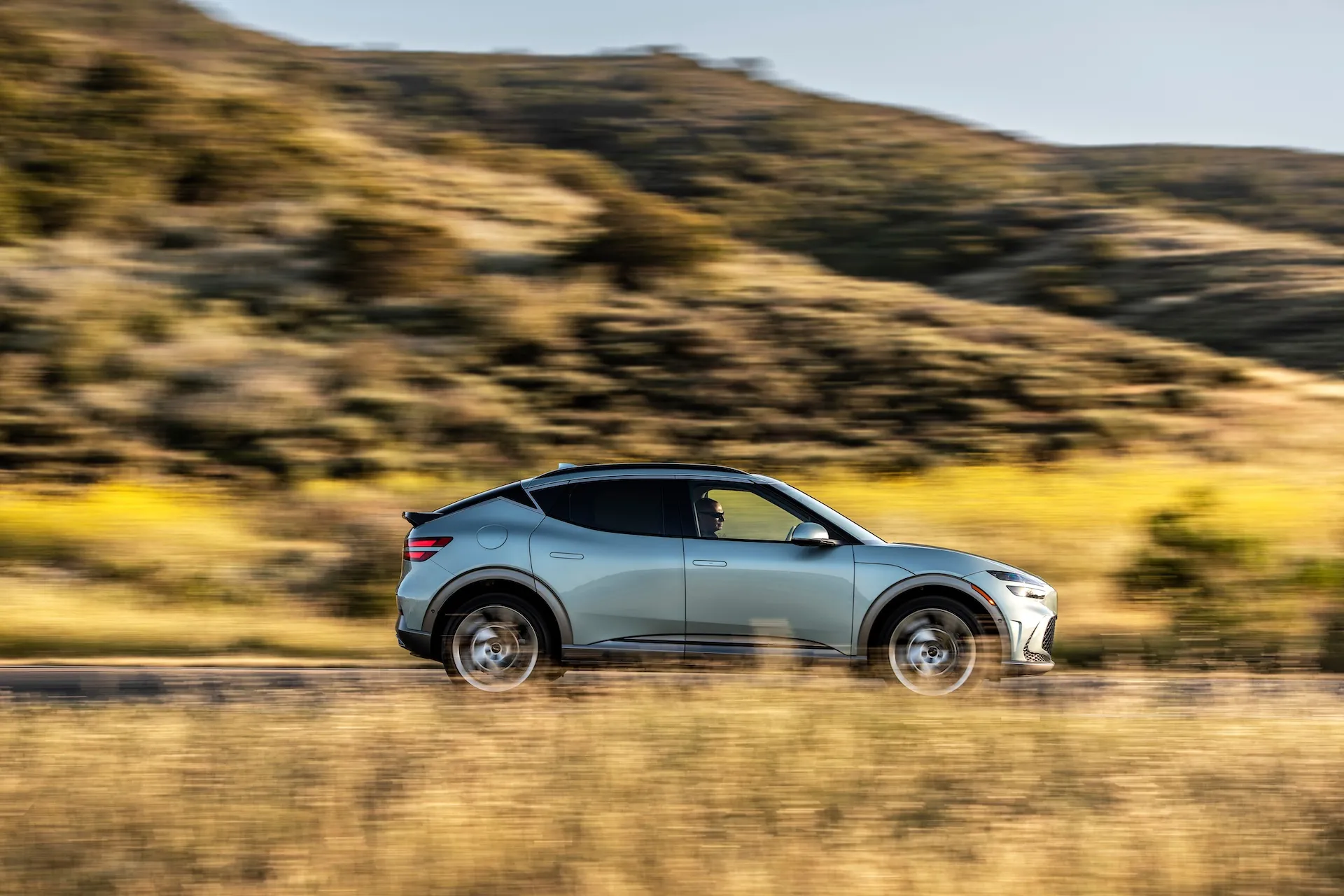Which automaker outlined an all-of-the-above electrified approach for the near future, including hybrids, PHEVs, and a 3-row electric SUV?
Which luxury brand teased radiant cabin heat for a future electric SUV?
This is our look back at the Week In Reverse—right here at Green Car Reports—for the week ending March 29, 2024.
In a first drive of the 2025 Honda CR-V e:FCEV, we found it to be well-packaged, roomy, and refined, with a driving experience that’s virtually indistinguishable from that of a battery-electric model. While the vehicle is in top form, the fueling infrastructure is not. Good thing Honda, among other automakers, has moved on to prioritize other uses for hydrogen first—and put a charge port on the e:FCEV.
Honda CR-V e:FCEV
In a quick review of the 2024 Genesis GV60, Green Car Reports found this stylish compact EV to be roomy on the inside and relatively efficient. But well-equipped versions like the one tested are quite expensive, and real-world range disappointed in the cold. A racing-influenced GV60 Magma was also shown in concept form this week at the New York auto show and kicks off a new performance sub-brand for Genesis. Genesis also revealed its Neolun Concept electric SUV, which previews the upcoming flagship Genesis GV90 with a lounge-like interior and technology that includes radiant cabin heating.
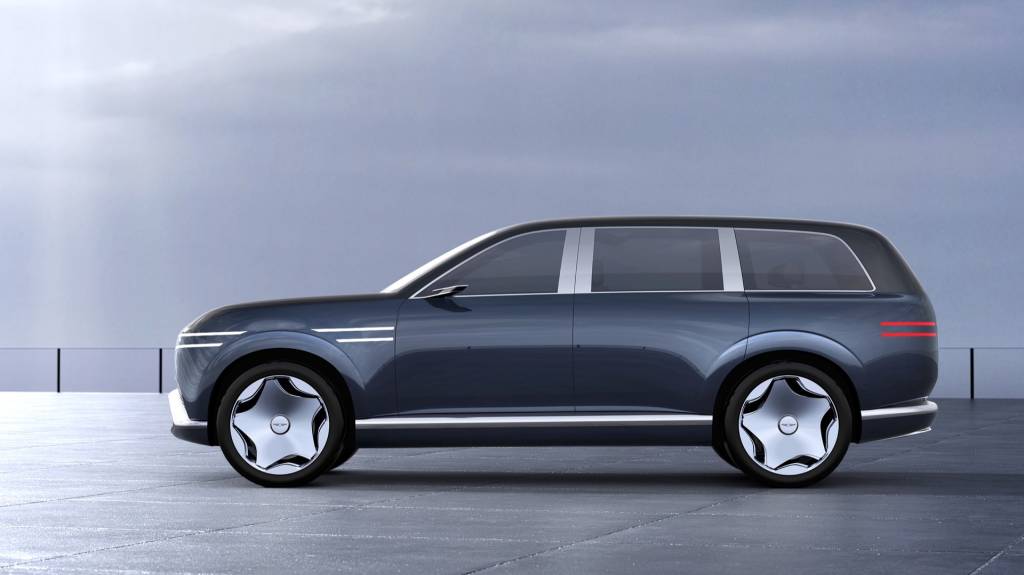
Genesis Neolun Concept – 2024 New York Auto Show
Nissan talked through a roadmap for a new generation of affordable EVs, plus a three-row electric SUV due in 2028, and a pivot that will include U.S.-bound hybrids and plug-in hybrids. That includes Nissan’s e-Power hybrid tech, which it confirmed for a 2026 launch, when it sees those hybrids as being at cost parity with non-hybrids.
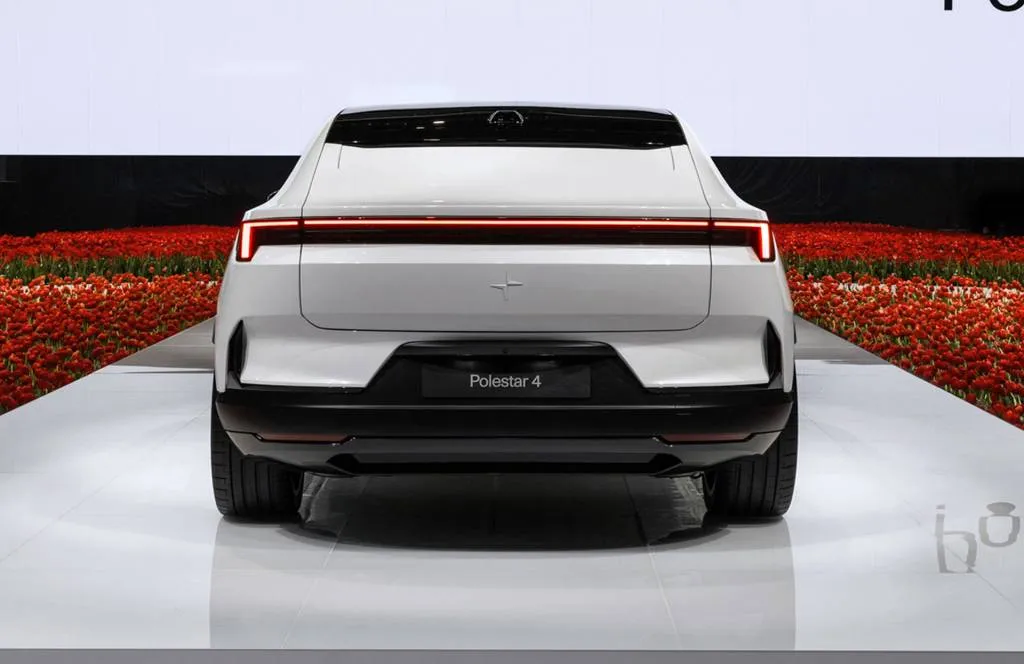
2025 Polestar 4
2025 Polestar 4 pricing was confirmed Wednesday. The curvaceous electric SUV with no rear window, sized closely with the Tesla Model Y, will start at $56,300 when it starts arriving in the fourth quarter of 2024. And that’s for China-built versions; those assembled in South Korea will arrive a bit later.
The Mercedes-Benz GLC 350e plug-in hybrid, scheduled for U.S. showrooms in the second half of the year, was revealed and detailed this past week with an impressive 81 miles on the European WLTP test cycle—potentially more than 50 miles EPA—and DC fast-charging for its 24.8-kwh battery pack.

2023 Fisker Ocean
Fisker is facing an uneasy future with the dissolution of a potential EV partnership, reportedly with Nissan, and an additional investment that also might not materialize. So in the meantime it’s slashed up to $24,000 off the Ocean EV, as a glut of 2023 models remain undelivered.
The Easter Jeep Safari has been the debut venue for the past three years for fully electric concepts from the odd-road brand, but this year’s lineup of four concepts all had combustion engines on board. The lone plug-in concept was an intriguing Jeep Wrangler 4xe Willys Dispatcher that combines the modern plug-in hybrid powertrain with a throwback design theme.
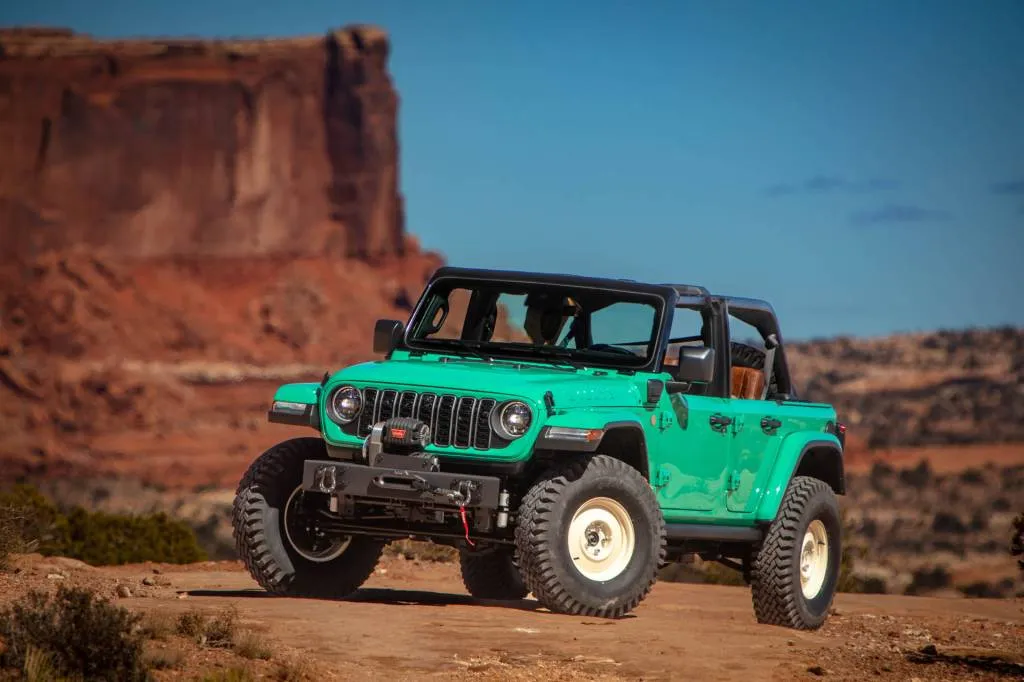
Jeep Willys Dispatcher concept
EVs are as clean as the grid from which they charge—and sometimes that can vary significantly by time of day. As Bloomberg New Energy Finance recently helped examine and underscore, that advice to plug in at night might be misguided. In many places, daytime EV charging is cleaner as utilities load up on renewables like solar.
Jaguar is recalling the I-Pace again for battery-fire risk. This time it applies only to 258 vehicles delivered to the U.S.—among the earliest I-Paces made, and all 2019 models. Jaguar cites “multiple technical issues” that elevate the risk of fires, but doesn’t yet have a solution other than only charging to 75%, charging outside, and parking away from structures.
The U.S. EV startup Canoo announced that it has acquired many of the manufacturing assets of another design-savvy EV startup—U.K.-based Arrival. As Canoo struggles to ramp up production of its futuristic-looking electric vehicles, the Arrival remains might potentially help Canoo survive.
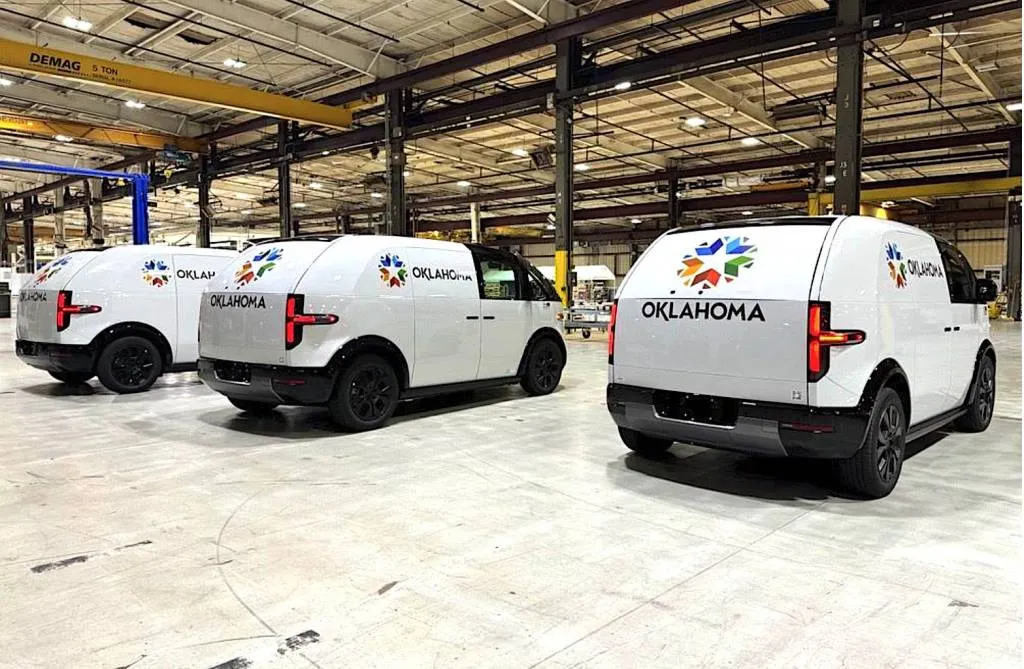
Canoo in Oklahoma
Ferrari has already offered a few very performance-oriented plug-in hybrids, and it’s confirmed an EV is on the way. With its battery partner, SK On, it’s now confirmed more of a development partnership between Ferrari and SK that could help “advance cell technology.”
Is the China-based battery supplier CATL working to make fast-charging LFP battery cells for the $25,000 Tesla? Comments recently made by CATL’s CEO suggest that’s a possibility.
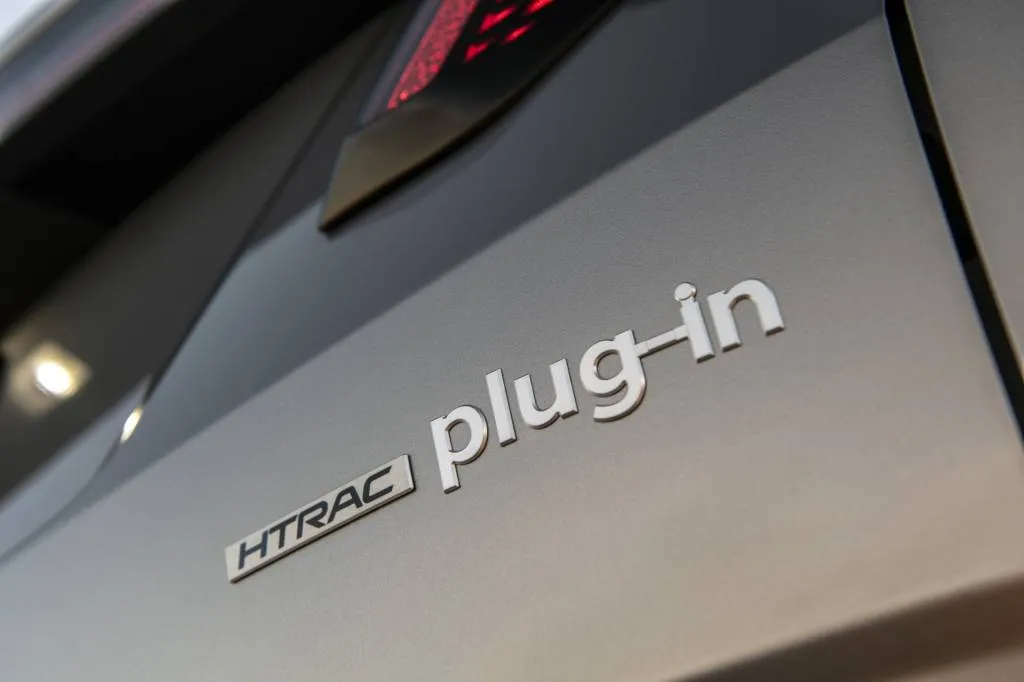
2025 Hyundai Tucson Plug-in Hybrid
Studies continue to point out that plug-in hybrids pollute more than their all-electric miles suggest. While that’s something the EPA acknowledged, proposing a new adjustment for PHEVs in emissions regulations, the final version last week gave automakers a pass, pushing the stepped-up rule back four more years.
And China has filed a complaint with the WTO over the Biden administration’s EV incentive policy, which seeked to block EVs with battery components or raw materials sourced from China from getting incentives—specifically the EV tax credit.
_______________________________________
Follow Green Car Reports on Facebook and Twitter
Read the full article here


